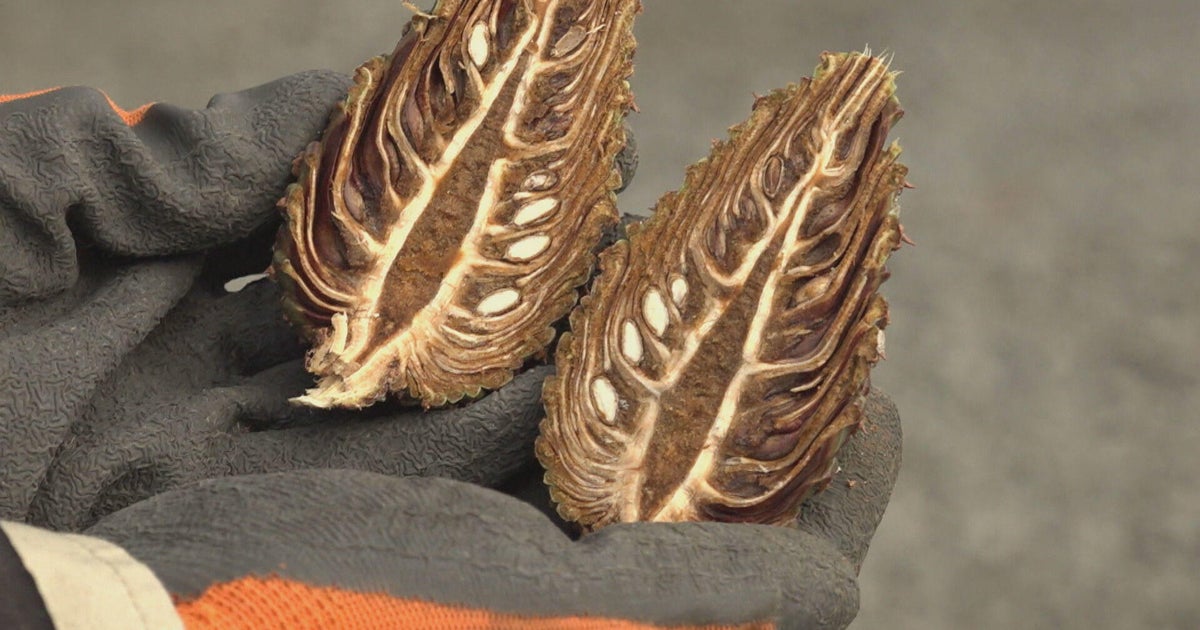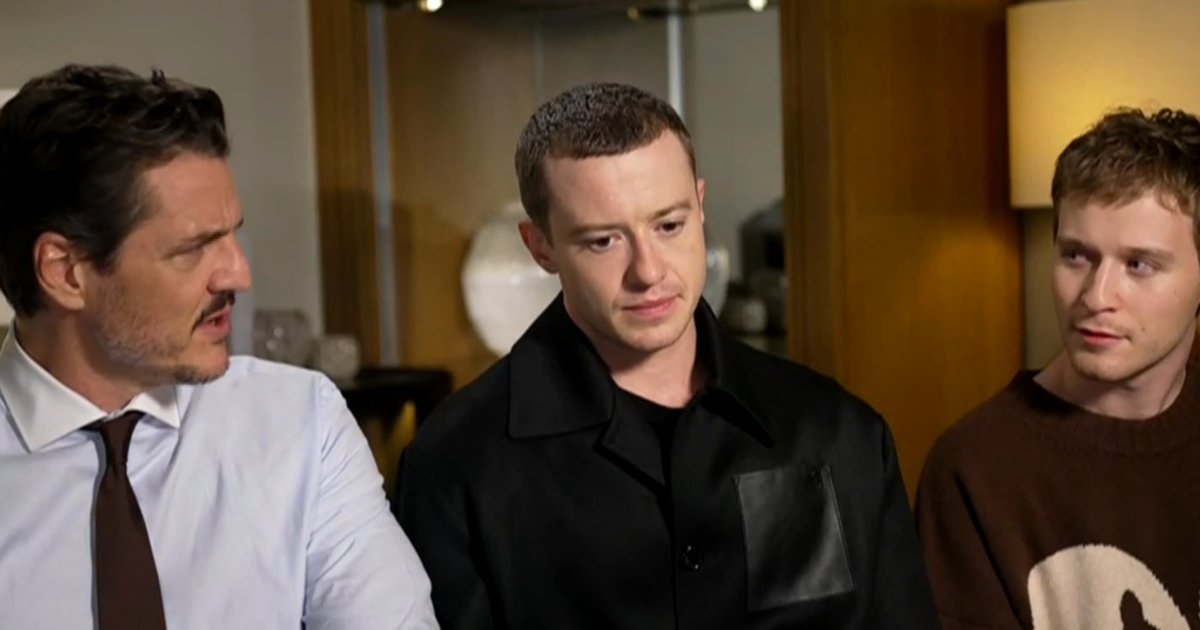Maui wildfire survivors say they had to fend for themselves in days after blaze: "We ran out of everything"
Survivors of Lahaina's disastrous wildfire are describing what unfolded in the days after the deadly blaze, which left a charred moonscape in its wake and crippled critical services in the area. Some describe a rescue operation that never came as people suffered and waited.
"We ran out of everything, including our patience and sanity at some points," said Maui hotel manager Kawena Kahula.
Many waited days in the dark without power and water for help to arrive after the worst of the fire subsided — and before taking matters into their own hands. Kahula self-evacuated from Kaanapali — a short drive from Lahaina — after nearly three days, and said the road out of town was clear but that she didn't see any first responders.
When she arrived at one blocked road, she said she was surprised to see volunteers with supplies were not being allowed in to the disaster zone.
CBS News reached out to Maui county officials about their response, which is now under investigation, but did not immediately hear back.
Kahula's ordeal began when she lost cell reception last Tuesday. Seeing smoke in every direction, she drove into Lahaina — to find her son, unaware of the danger.
She said she didn't know she was heading into a firestorm until she saw big, black mushroom clouds of smoke piling on top of each other and growing bigger. Like so many others, she said she didn't receive an evacuation alert.
Fearing she wouldn't make it out of Lahaina alive, she escaped the flames and returned to her hotel in Kaanapali, where hundreds were stranded with no power and limited supplies.
"There was a point to where we could only provide food for the children," she told CBS News.
While Lahaina sat in ruins, she said no assistance came for two days.
"There's an airport right up the road. Why isn't that being used?" Kahula said. "There's an ocean front 20 feet from our lobby. Why are we not using that? I don't know."
In the aftermath, survivors were left hungry not only for food, but also for any official guidance.
"My team members coming back to work [were] crying, telling me, 'I don't have nothing left, except this shirt,'" she said. "Hearing stories of elderly people crawling on the ground, begging for someone to pick them up."
"There are parts of me that wish I did make it in to help those lives," she said. "But there is a huge piece of me that thanks God that I didn't."
Kahula later found out her son was unharmed.
Hawaii Gov. Josh Green has confirmed that more than 100 people were unable to escape. Most of them have not been identified. Hundreds more remain missing.
Kahula's story echoes criticisms from other Maui residents who have slammed the government's response. Kai Lenny, a professional surfer and a Maui local, told CBS News that "some of us ... were kinda sitting back, waiting for help to arrive, and then nothing was sorta happening."
"We were just in shock," he said.
People contacted him citing a lack of help in their areas, which led to his "boots on the ground" effort — bringing supplies to those in need with the goal of holding friends and family over until "the caravan arrives with everything."
"And it was just like, day after day, 'Where are they?'" he said.
Officials now say hundreds of people are helping. More than 400 FEMA personnel have deployed to Maui, Green said in an address Tuesday afternoon, along with another 273 National Guard soldiers.
About 500 hotel rooms have been made available, Green said, with 331 displaced residents already staying in those rooms. The governor added that the state had also set up an Airbnb program with 1,000 available rooms or houses that will be covered by FEMA for use by both evacuees and first responders.
The goal, Green said, is for displaced residents "to be able to leave these shelters and go into stable housing, which is going to take a very long time."
The Department of Health and Human Services has also deployed about 75 personnel, along with a victim identification team, according to Jonathan Greene, deputy assistant secretary director for the HHS Office of Response.
President Biden said all federal resources were being made available to Hawaii.
"Every asset they need will be there for them," Mr. Biden said Tuesday at an event in Milwaukee, Wisconsin. "And we'll be there in Maui as long as it takes."
The president said his administration is "surging federal personnel" to Maui to "help the brave firefighters and first responders, many of whom lost their own homes, their properties, while they're out busting their neck to save other people."
Editor's Note: This story has been updated to reflect that Kawena Kahula manages a hotel located in Kaanapali.




